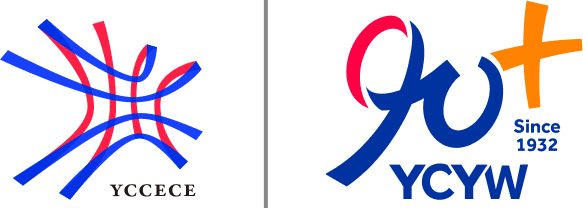Go Back
College News
News
Charting the Path to Academic Distinction: Insights from Prof Eric Cheng
News
24 May, 2024
01 : 40
On 23 May 2024, Prof Eric Cheng, Vice President (Academic) of Yew Chung College of Early Childhood Education, shared on how to start with establishing a personal academic identity to enhance individual academic scholarship.
In this lecture, Prof Cheng explained how to improve personal academic influence from three aspects: research, teaching and service. First, by reviewing his academic career, Prof Cheng explained how to develop his own research topics, tips for successfully obtaining program funding (such as the evaluation criteria for Quality Education Fund (QEF)), and how to collaborate with colleagues to develop research projects, and through collaborative projects and school development initiatives to collect valuable data and create journal publications. As for teaching, Prof Cheng shared his teaching philosophy and gave examples of how to transform the outcomes of learning programs into academic publications, and how to promote his own teaching philosophy and learning research results at the Education University of Hong Kong and other higher education institutions through conducting lectures, educational workshops, teaching development projects, etc. Moreover, for social services, Prof Cheng has shared how to build a community of practice for nurturing field experience supervision. The project uses regular seminars to share experience in field experience supervision. It uses story-telling and problem sharing to reduce the plausible discrepancies among different supervisors in field experience assessment and identify the difficulties students may experience in field experience. Knowledge café also focuses on helping to identify solutions to resolve the difficulties at field experience.
Prof Cheng’s experience and insights in this lecture brought a lot of inspiration to the attendees, helping everyone to understand how to obtain project funds, establish collaboration with colleagues to support academic development, and strategically enhance individual scholarship through reflection on individual academic development, teaching methods and ideology.










